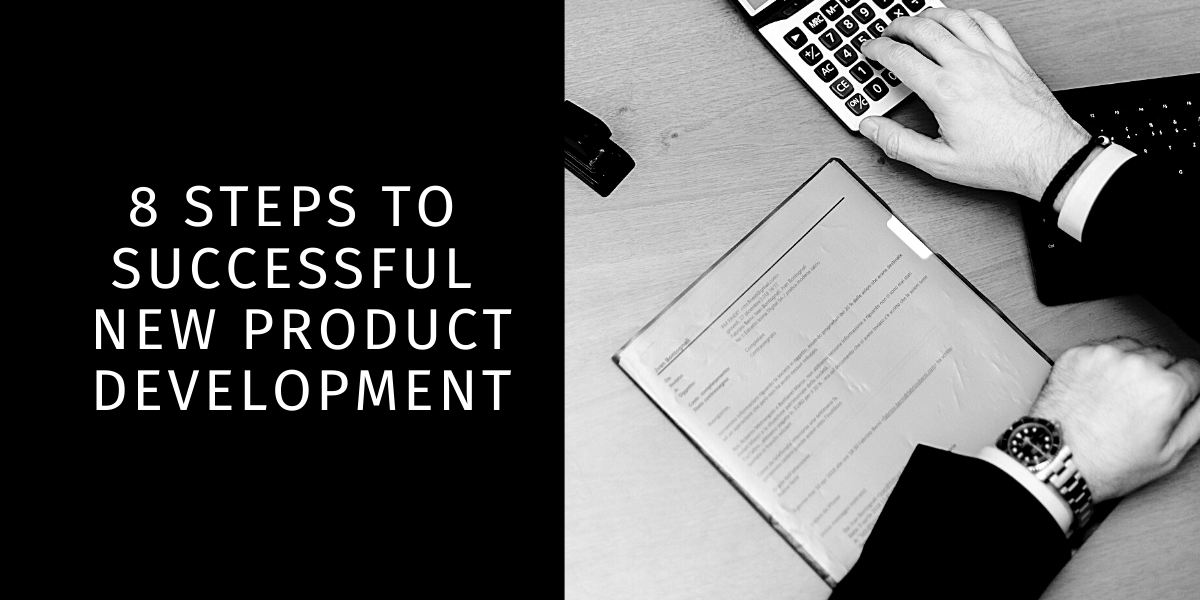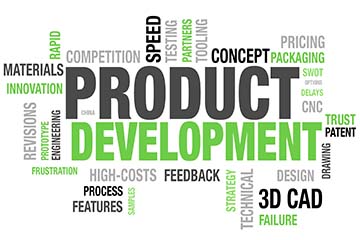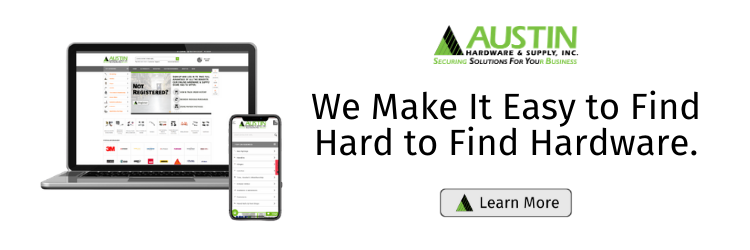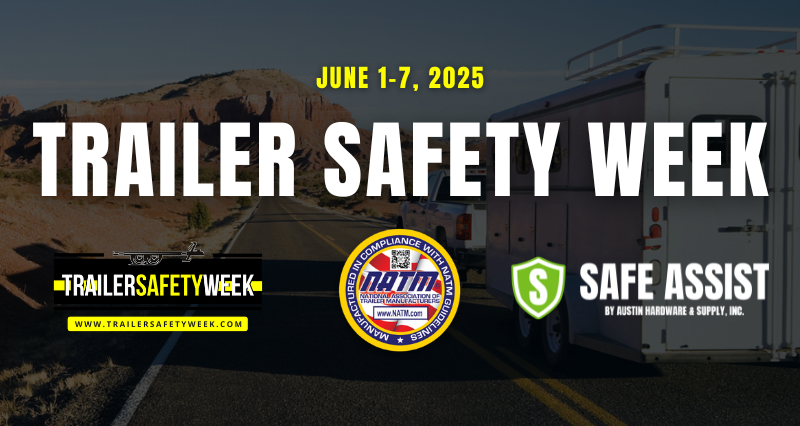
Innovation is integral to success today. New or re-branded products and services are meant to fill consumer demand or capitalize on an opportunity in the marketplace. When bringing new ideas or products into reality, businesses must consider the New Product Development process. This process was developed on the back of comprehensive research on products that failed and succeeded.
How to Develop a New Product
The process listed here is recognized as the best practice for bringing concepts to the market. Also known as the Stage-Gate innovation process, has eight crucial steps for successful product development. Keep reading below to learn more about these steps and how to utilize them for your business.

1. Generating
True innovators look for ways to stand apart from the competition. By analyzing the current market trends and using some SWOT analysis, businesses can discover profitable product ideas.
Entrepreneurial ventures typically start lean and scrappy, with growth in mind. Work to adopt a flexible attitude that allows for several routes to success.
2. Evaluation
While it's easy to toss ideas around, finding excellent ideas for new product development takes a little more time and effort. In this step, consider the feasibility of each concept, taking into consideration the potential ROI and costs, the customer's needs, and the company's strengths and weaknesses - among other things that may affect your business.
3. Testing
The new product development process involves legalities, including patent research, when testing the concept. Moreover, the company must determine the most effective marketing avenues and messages to garner attention.
4. Business Analytics
Data insights are a significant force in the digital era. Developers should monitor both input and output metrics, gauging the time put into developing products, as well as the value gained from launching them, plus sales and any other useful feedback.
5. Beta Market Test
There is a range of ways to run tests during new product development, which gives you valuable information to continue improving the final product. Also, by having private test groups and releasing beta versions, companies can stir up interest before the official launch.
6. Technicalities/Dev
So long as all strategies are approved, the product will move forward to actual production. As that happens, marketing and finance will undertake the tasks of financing and promoting the product, getting ready to introduce it to the market.
6. Commercialize
This stage is about developing the product as a staple on the shelves of major outlets. Consumers may already be buying, but this is no time to slack. Companies must be consistent with their efforts to advertise and distribute the product to establish the brand name and drive conversions.
7. Launch
To begin with, introductory pricing is an effective way of encouraging sales of a new product. After a little while, final prices should be implemented. Companies must analyze the sales value in relation to their costs. As products age, businesses should adapt to the needs of the market and look to enhance the delivery process to stay competitive.
8. It's a Process -- (Not a Law)
Changes are bound to happen. Staying flexible and open to scrapping ideas that don't work and cutting your losses on poorly-performing concepts is essential. Ultimately, the key to success with new product development lies with the ability of the workforce to be united as a productive and synchronized team. With this attitude and clear goals - the NPD process is the best road to successful products.
If you are ready to launch a new product or design, let Austin's Engineering team help your team. Austin Hardware and Supply, Inc is ISO 9001:2015 certified for Hardware and Fastener Products. Certificate of Conformance, Material Certifications, Chemical, and Physical Analysis, and PPAP Certification available. Click here for our ISO certification document. We have all the tools and experience your company needs.


.png?width=550&name=Engineering%20Landing%20Page%20Banner%20(1).png)






